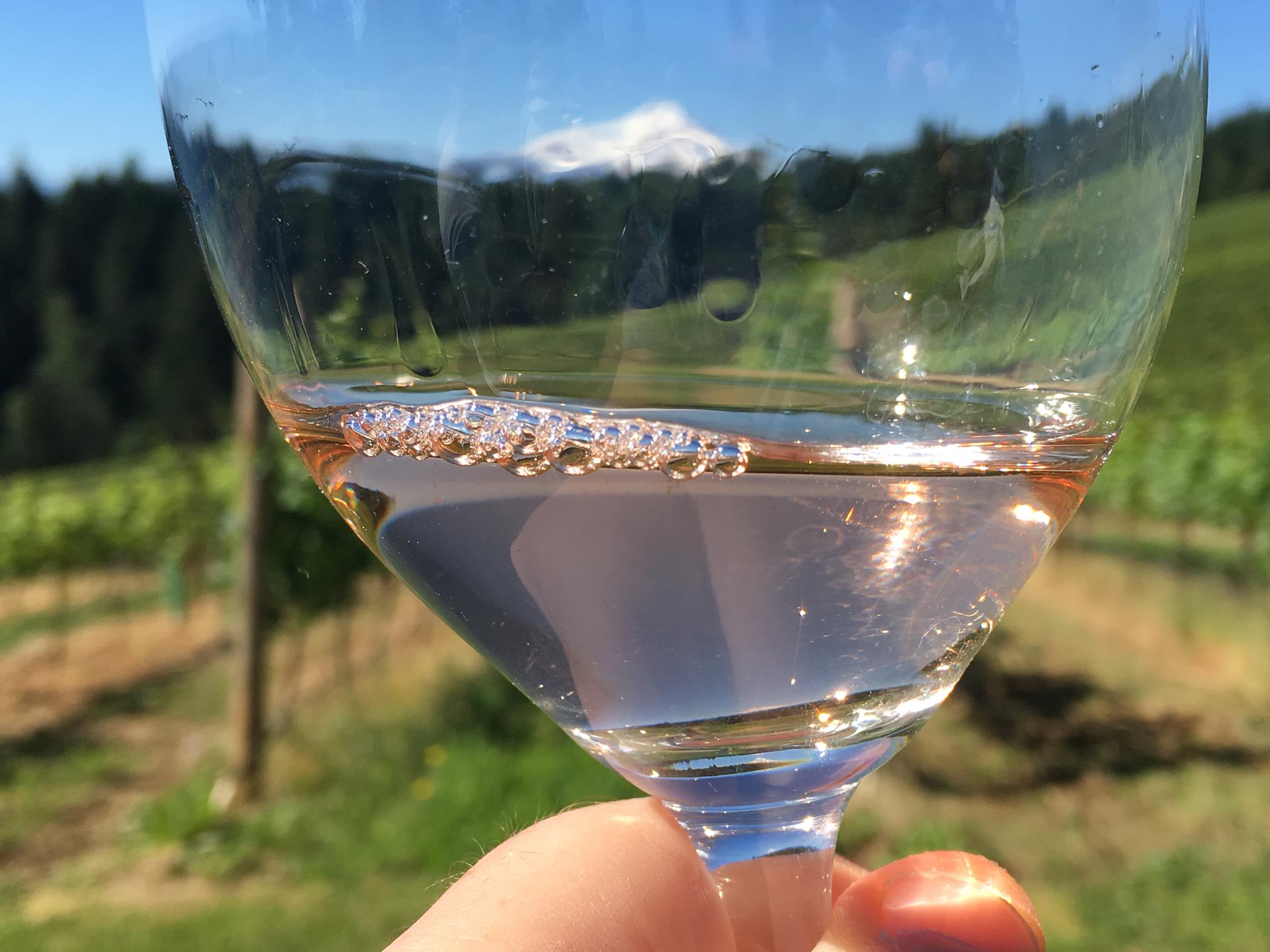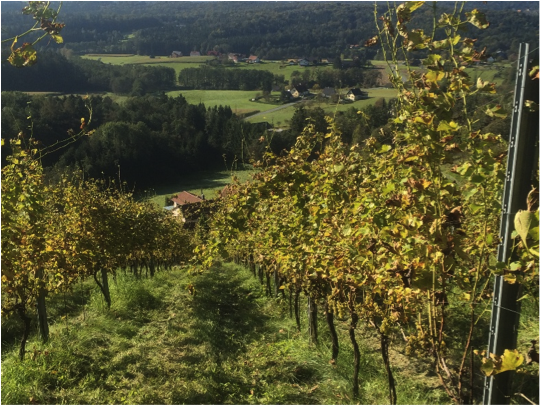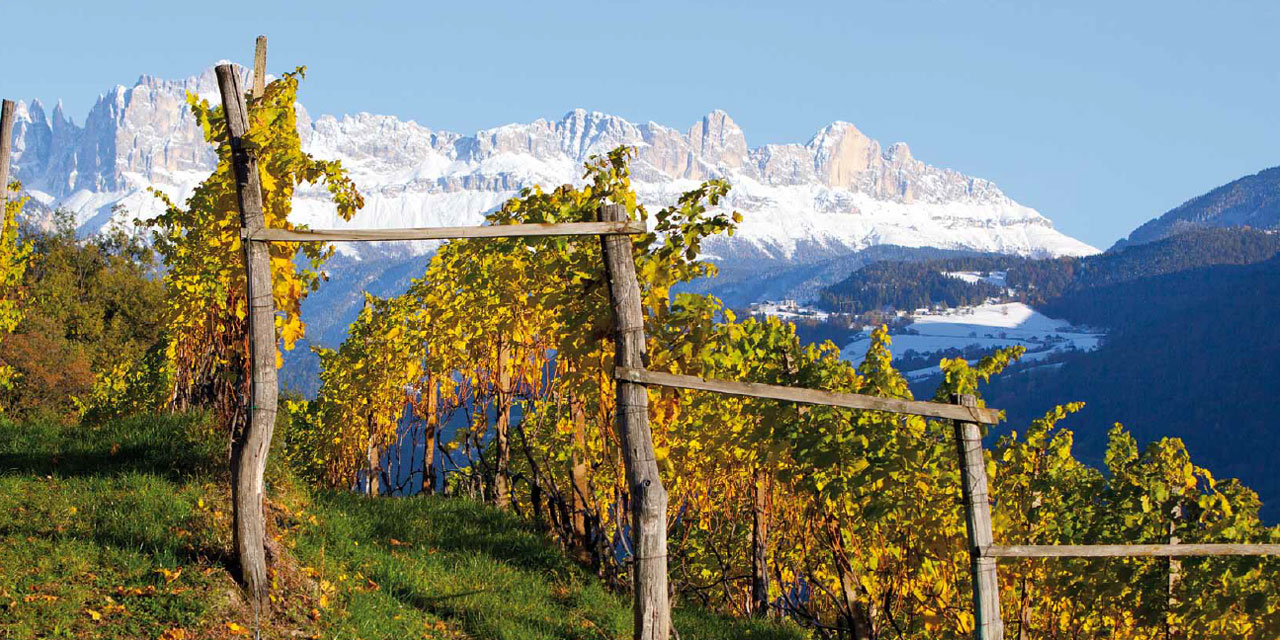We have two kinds of morality side by side: one which we preach but do not practice and another which we practice but seldom preach. – Bertrand Russell

My innate liberalism says live and let live. Do not court conflict, do not proselytise, but lay out your view point calmly and rationally.
My radical side says that discussion uninformed by passion is toothless. If we love certain wines we should be assertive in our opinions. There is nothing wrong with arguing for terroir and purity of flavour, or being in favour of the small artisan farmer over the global corporation. The moral aspect of these stances becomes evident when one analyses the detrimental impact of industrial farming and contrasts it to the positive agenda of biodiversity promoted by small growers. Organics has become the sine qua non of farming in concept and practice – it is the sensible corrective to years of chemical exploitation of the land; biodynamics takes this a stage further with its holistic idea of farming, positing that the vineyard should be seen primarily as part of an eco-system. It is a prescient, proactive kind of agriculture underpinned by a strong ethos. “The goal of life is living in agreement with nature,” wrote Zeno of Elea.
If we love certain wines we should be assertive in our opinions. There is nothing wrong with arguing for terroir and purity of flavour, or being in favour of the small artisan farmer over the global corporation.
Working in harmony with nature, putting back in what you take out, conserving the landscape, the local flora and fauna, is the moral responsibility of all farmers. We are borrowing the land for ourselves and loaning it to future generations. “I have never asked myself the question nor had any hesitation (about whether to be organic), because it’s unthinkable to work the vines and the land without love and respect,” says one biodynamic grower. Intensive production damages the earth, chemicals weaken the vine and diminish the life in the soil; irrigation impacts on the rest of the environment and erosion destroys the eco-system. Using the land well means using the land intelligently, caring for the environment as we would care for a member of our family. It means finding natural solutions to natural problems. This nurturing regenerative mutuality of biodynamic farming is a creative statement and outlines the main differences between natural and industrial wine; one is to give to nature and accept what it gives you in return; the other is to set up systems that take as much as possible in response to the demands of the markets.

The aesthetic of the wine also matters and taps into whether we believe that wine is purely a lot of microbiology with some chemistry thrown in or whether it is the synthesis of nature and the winemaker’s art. There are those who strive to make a wine that truly interprets the legacy of nature and the vintage and those whose manipulations are intended as a corrective to, or an improvement upon, nature; these interventions materially alter the flavour and the tone of the wine. If we understand that wine is a living, evolving substance, made up of active yeasts, a form of life, responding to changes of temperature and atmosphere or exposure to oxygen, we embrace its mutability.
Natural wines depend on diversity, variety, pluralism. The French express abstract moral concepts rather well. They speak of “respect for grape, respect for terroir, respect for man and respect for the environment”. Respect is seen as a form of love with humility leading to better understanding.
One is to give to nature and accept what it gives you in return; the other is to set up systems that take as much as possible in response to the demands of the markets.
Cultural patrimony & memory are worth preserving, from rediscovering autochthonous grape varieties to local farming methods and ways of making wines that date back centuries. To appreciate the present, we need to understand the past better; dismissing the methodologies of hundreds of years is a bit like saying that our ancestors had no wisdom because they were not as advanced then as we are now in terms of technological knowhow. No how. The vine, for example, used to be part of a polyculture environment; now it is largely a monoculture.
Autre temps, autres moeurs.
Rather than accept wine as a standardised product, we may see winemaking as the judicious expression of the combined will of human and nature, and wine itself as something which may give pleasure and elicit wonderment (depending on the wine!). It has the binary function to be drunk for fun whilst spontaneously stimulating an aesthetic response – which philosophers over centuries have equated to having a moral purpose. Just as Shakespeare found “tongues in trees, books in the running brooks, sermons in stones” so many a good wine may act as a catalyst for conversation, communication, friendship, inspiration and art.
The truth of wine is its integrity, and integrity has no need of fast rules. We seek wines which are not reflections of the grower’s ego or which conform to the demands of the market-place, but which reveal the result of the desire to be true to oneself and to the vineyard. Great painting is not rendered great by the amount of paint is used on a canvas, nor progress measured by how much technology you may throw at a wine. Less can be more; less intervention allows the wine to express its naked beauty, and beauty has no need to remind you who its author is.
Beauty can be this: The artist, like the God of the creation, remains within or behind or beyond or above his handiwork, invisible, refined out of existence, indifferent, paring his fingernails. –Stephen Dedalus, Portrait of the Artist as a Young Man)

Good and Bad Wine Culture
Culture is a concept that includes a refining and elevating element, each society’s reservoir of the best that has been known and thought, as Matthew Arnold put it. Arnold believed that culture palliates, if it does not altogether neutralise, the ravages of a modern, aggressive, mercantile and brutalising urban existence. You read Dante and Shakespeare in order to keep up with the best that was thought and known, and also to see yourself, your people, your society, your tradition in their best lights.
Octavio Paz wrote: “Life is plurality, death is uniformity”. By suppressing differences and peculiarities, by eliminating different civilizations and cultures, the unthinking race towards standardisation weakens life and favours death. Globalisation is often synonymous with homogeneity; progress, for some, entails rationalisation and a levelling of standards. Brands are the beneficiaries of this desire for an aggressive, mercantile wine culture. Each brand pitched and manufactures wines at the price point required to fit a model of public expectation. It is “The Law of Raspberry Jam”: the wider any culture is spread, the thinner it gets. Quantity naturally dilutes quality; in the interests of downmarket perfectibility, it is the commercial exaltation of voluminous mediocrity.
Great painting is not rendered great by the amount of paint is used on a canvas, nor progress measured by how much technology you may throw at a wine. Less can be more.
A progressive wine culture maintains its identity despite corporate pressures to conform. A wine can speak eloquently for its own region; this should be the underpinning of the idea of appellation, a clear set of principles which recognises the best of tradition whilst allowing the best of innovation. To me healthy wine culture is indistinguishable from biodiversity wherein each autonomous element in the eco-system thrives. Protecting wine culture is not protecting tradition for the sake of it, but preserving and perpetuating those elements that should never be lost. With food, for example, it might involve saving a rare breed of pig from extinction or teaching a traditional technique of cheese-making, whereas in wine it might be planting (or even just not grubbing up) grape varieties indigenous to a particular region. The soil, after all, holds the knowledge of centuries; it is important to ensure that farming methods are integrated into the rhythms of nature. Wine culture is not about creating wines to fit with a perception of what people might like to drink; it is about the integrity of the product itself.

Many of the ideas are articulated in the manifesto of the Slow Food movement, whose primary tenet is that each wine shall be the full expression of its terroir; that each wine “be good, healthy, great and structured when the conditions permit this…above all, that these wines give people a desire to drink them, wines simply and solely made from the grapes of our (sic) vineyards, wines which have the peculiar characteristics of our grape varieties, of our particular terroirs, of our special characters…our common will is to work our soil while respecting nature, as craftsmen seeking harmony between nature and man…”
Protecting wine culture is not protecting tradition for the sake of it, but preserving and perpetuating those elements that should never be lost.
One of our Italian growers has the following credo: “[We make our wine] as we did one century ago, because we want to protect the environment. We are sure that the marriage between the fruits of nature and careful and traditional winery techniques can product an autochthonous and unique wine that is a wine having no equal in the world.”
A moribund wine culture is one that solely applies rigid commercial criteria to all decision making. The need to plant more and more land and make more wine is part of the gradual industrialisation of wine. The need for consistency at all costs; the focus on the conventional market; the focus on critical approbation – all these diminish wine.
Compromises are for relationships, not wine. –Sir Robert Scott Caywood

